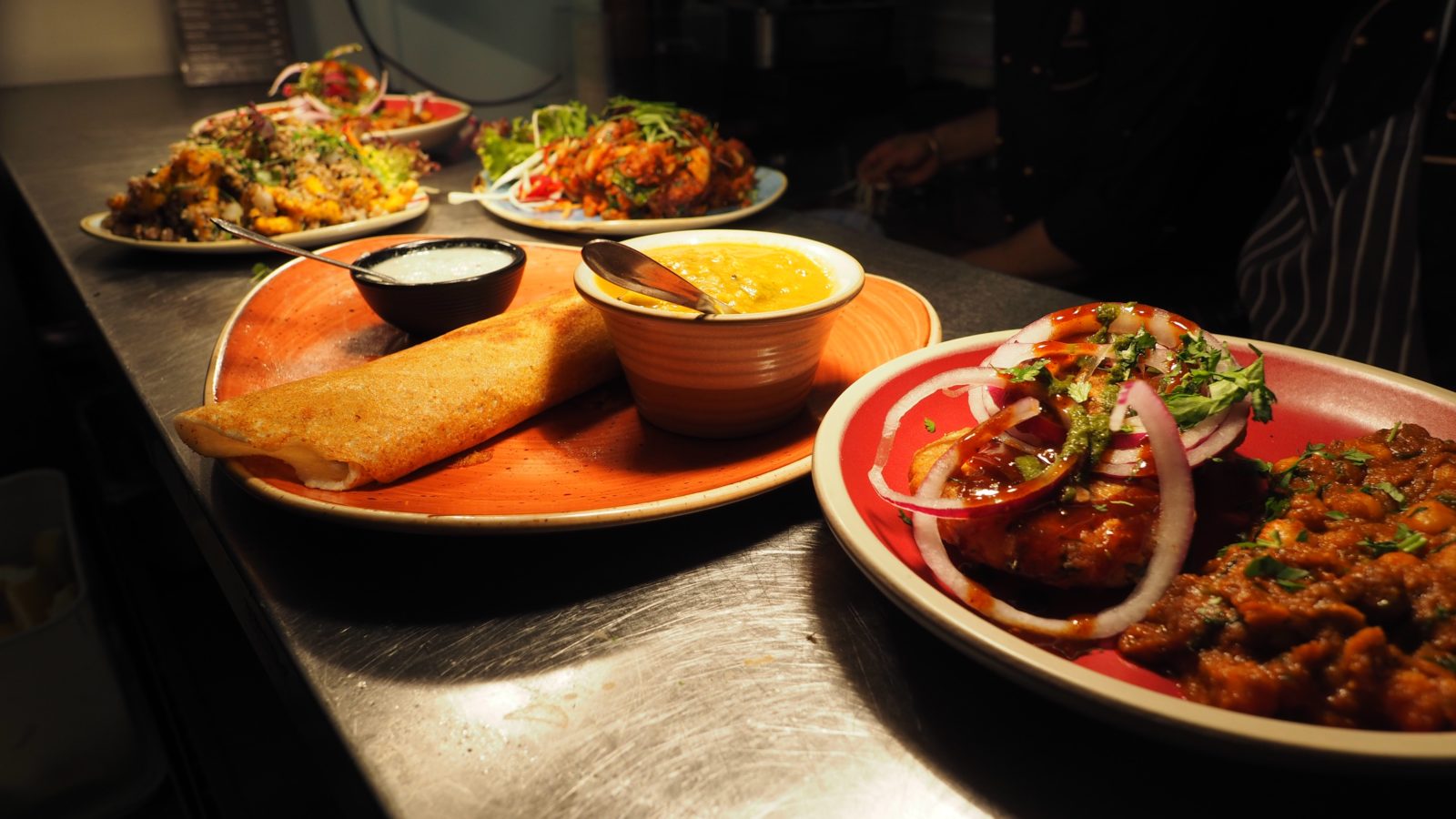Today it’s hard to avoid conversations about the latest diets, superfoods, or weight loss tricks that work. Though a plethora of contradictory diet plans and advice bombard us daily, research consistently shows that only when people form a healthy relationship with ALL food do they truly experience physical and emotional well-being.
We need to therefore understand, recognise and resist the pressures and fake promises of diet culture.
What is diet culture?
Diet culture is a system of beliefs that places a great deal of emphasis on looking—and/or eating—a certain ideal way to achieve perfect health and happiness. Diet culture drives home the message that if we just “eat right”, “eat clean” or exercise the “right” way, we would look—and consequently feel—truly happy.
Diet culture doesn’t always necessarily propose unhealthy habits. For example, many proponents of clean eating talk of eating more fruits and vegetables—which of course is healthy. But the underlying message is that there are good vs bad foods and we are good or bad depending on what we eat. This good-bad distinction also causes guilt or a sense of virtue after eating certain foods when in reality eating should be a choice and a source of nourishment and enjoyment.
Now you might be wondering about the “it’s not a diet it’s a lifestyle change” philosophy. Well, this too is what psychologists call a “diet in disguise”. Many “lifestyle change” philosophies advocate cutting out certain foods and sometimes even entire food groups. And even when they don’t, they create rules around eating—eat every two hours; be good six days then eat all you want on the seventh; avoid these foods in phase 1; don’t combine this food with that; eat everything just not sugar; don’t eat anything processed, it’s poison… you get my point.
Anything that creates rules around food is still a diet. And any philosophy that makes you feel guilty or bad about your eating habits, choices and/or body shape all belong to diet culture.
I have worked with many clients who have been to famous dieticians who helped them lose weight without giving them drastic plans. And yet these clients were completely disconnected from their food, their bodies and themselves. They had forgotten what it was like to enjoy food as food instead of seeing it in terms of carbs, proteins, gluten, fat, or sugar. They had to learn to reconnect to their own wisdom and begin to eat all foods without feeling guilty while trusting their bodies to still remain healthy.
Diet culture disconnects us from our own inner instincts. Eating was never meant to be so complicated. Humans have an innate wisdom about what and how much feels energising and what and how much feels too much. The problem is, today we have unlearned what we were born with. We have disconnected from our hunger and fullness instincts. So much so that we now think we need to rely on information outside of us to tell us what to put inside of us.
Moreover, diet culture creates a society of discontent. A society that judges us based on our eating habits. A society that places great emphasis on pursuing a specific kind of thin, fit, lean, ripped body type. There is little space for body inclusivity, body diversity, or body positivity. The link between health and eating is perceived as a virtue rather than an inner feeling of wellbeing.
So how can we reclaim what was always ours?
- Give yourself unconditional permission to eat all foods. When no food is off-limits, the desire to “cheat”, “be bad” and “break” the rules diminishes. We move towards eating out of choice rather than compulsion.
- Begin to connect to your hunger and fullness signals. Check in to your body and see if and how hungry it is before eating and eat accordingly.
- Allow yourself to sometimes eat and enjoy food when you’re not hungry too. Just also make sure to also feed your emotional hunger without food too.
- Throw away the weighing scale and focus on health as an inner feeling of physical, emotional and spiritual wellbeing.
- Unfollow social media accounts that promote unhealthy body shapes, restrictive eating plans and similar content.
- Begin to cultivate a loving relationship with your body and appreciate what it enables you to do and does for you.
It’s not easy to resist the pressures of a food and weight-obsessed world, but when we begin the process, we realise just how much it has weighed us down.


